Arthritis is one of the most common ailments to affect horses, especially in later life.
What is arthritis?
Arthritis in horses refers to a degeneration of the articular surfaces of the joint, caused by inflammation, which causes pain, stiffness and sometimes restriction of movement. It is caused by repetitive wear and tear of the protective cartilage (the tough, flexible tissue that acts as the shock-absorbing and sliding surface between the bones that meet at a joint). Equine arthritis can affect any high motion joint in the body but is usually most prevalent in the lower, weight bearing joints (fetlocks, knees, coffin bone, and hocks). Certain disciplines can make a horse more susceptible to arthritis in certain joints due to repetitive concussive force.
It can present itself in horses of any age, but it is usually more common in senior horses. The chronic progressive form, known as Degenerative Joint Disease, or osteoarthritis is the most common form of arthritis and progresses over time.
Look out for the signs
Although the causes of the progressive forms of arthritis in horses are not known, there are several signs you can look out for. Early detection and treatment are crucial to decrease damaging inflammation. Signs of arthritis in horses include:
- Subtle changes in the way your horse schools, such as hollowing of the back, shortening of the stride, or raising of the head.
- Stiffness that gets better as your horse warms up.
- Lameness or pain on flexion.
- Swelling around a joint.
- Warmth or pain around a joint.
- Discomfort when picking up feet.
- Difficulty in getting up after lying down or rolling.
- Change in behaviour
Managing arthritis in horses
As the effects of degenerative arthritis are not reversible, effective management of the condition is crucial.
It is important to ensure you maintain your horse’s ideal body weight preventing unnecessary strain on joints and muscles from excess weight. In overweight horses the joints must work harder, which has a cumulative effect on their long-term flexibility and function. Overweight horses can develop a metabolic syndrome that can lead to systemic inflammatory and increases the risk of arthritis. On the other hand, underweight horses lack the muscle strength needed to support proper joint function.
Maintaining a good exercise routine is important but it should be appropriate for your horse’s age and fitness level. Exercise increases circulation and encourages the production of synovial fluid, which nourishes the joint. It helps to strengthen the muscles and ligaments that support the joint increasing agility and reducing wear and tear.
You must tailor your exercise routine to help your horse’s arthritic condition. Allow for a longer warm-up and focus on stretching exercises to warm up the muscles and tendons. Which helps break down adhesion’s, and increases circulation therefore reducing the incidence of injury and joint trauma.
Your horse may react to certain surfaces finding a harder surface more supportive or the cushioning effect on a soft surface more comfortable. Find out what works best for your horse and try to avoid footing that is either too hard or too soft. Because excessively soft, hard, uneven, or slippery ground can cause unnecessary wear and tear on the joints.
It is important to maintain regular farrier visits as a well-balanced hoof absorbs concussive more effectively, therefore reducing wear and tear on the joints.
Ways you can help
Incorporate a high-quality joint supplement with Bioactive Collagen Peptides.
Bioactive Collagen Peptides (BCP®) are specific, highly purified hydrolysed collagen peptides. A natural protein that contributes to the maintenance of healthy cartilage, joint mobility, and muscle strength.
Collagen is the main structural protein found in connective tissues of the body (skin, bone, cartilage, tendon, ligament, blood vessels, hair). They are rapidly absorbed by horses for the best results.
Bioactive Collagen Peptides can help slow down the progression of Osteoarthritis (OA) and help break the harsh cycle of joint degeneration.
If your horse is showing any of the above signs, always seek advice from your veterinarian who will be able to diagnose arthritis and help you can decide on the best course of action.

